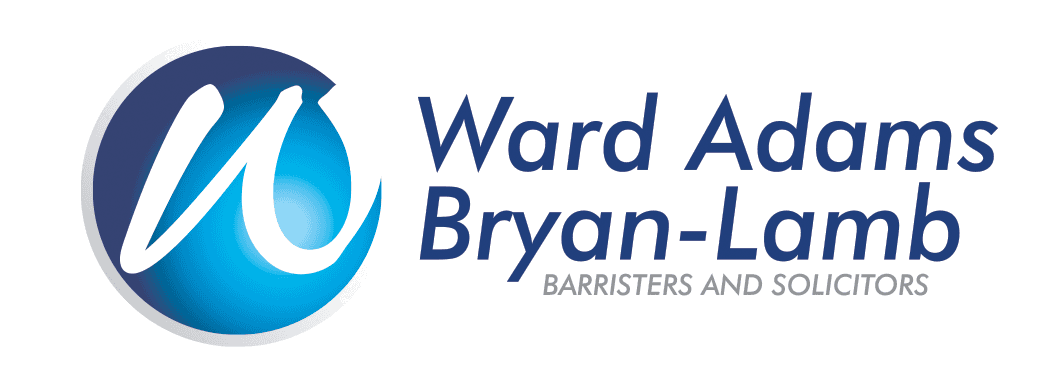Borrowing Money for the First Time?

Borrowing Money for the First Time? Here’s a simple explanation of the process…
No matter how good you have been at saving there often comes a point in your life where you may need to borrow some money. There are many different reasons why you might need to borrow money but for your first time this might be to buy an asset like a fridge, a car or a house.
To start with the entity you are looking at borrowing money from, usually a main trading bank or a finance company (often called the lender) will need some personal information about you, firstly to confirm you are who you say you are and then for the lender to feel comfortable that you will be able to meet the terms of the loan that they give you, the most important thing to them being that you can pay the money back as and when you agree to.
The terms of the loan can vary but these include things such as how long you can borrow the money for, what the interest rate will be, how often you have to make repayments and how much each repayment is, and what will happen if you miss any payments (missing a payment is commonly known as default).
When you borrow money the lender often wants to take some form of protection over an asset that you own, or often the asset you are buying. This is commonly called taking security. The purpose of this security is so that the lender can take back the asset they have taken security against and use that to get the money they have loaned you back if you don’t meet the terms of the loan agreement, usually if you miss too many loan repayments.
As long as you are borrowing from an entity that is in the business of loaning people money, they are subject to some strict requirements under the Credit Contracts and Consumer Finance Act 2003, including an obligation to give you information about your loan on a regular basis (disclosure).
The two main types of security are a mortgage over land or a security over some kind of other asset that you own. Mortgage over land securities require your lawyer to be involved to complete registration of the mortgage against the Certificate of Title for the property you own on behalf of you and the bank.
Securities over any other kind of asset located in New Zealand, such as a fridge, car, or money in a bank account, are all registered on the Personal Property Security Register (PPSR) which is an internet based record maintained by the New Zealand Companies Office. Your lender can just register a security themselves without you needing to get legal advice and they usually include terms in the loan agreement that mean they don’t have to give you a copy of the security that they register or any other information about the security. This is particularly common for hire purchase type loans, such as a fridge or carpet.
Ward Adams Bryan-Lamb can assist you through all aspects of borrowing and the different types of security that your lender may require and for more detailed information in relation to any issue related to borrowing money please contact us through www.wardadams.nz or on facebook.











